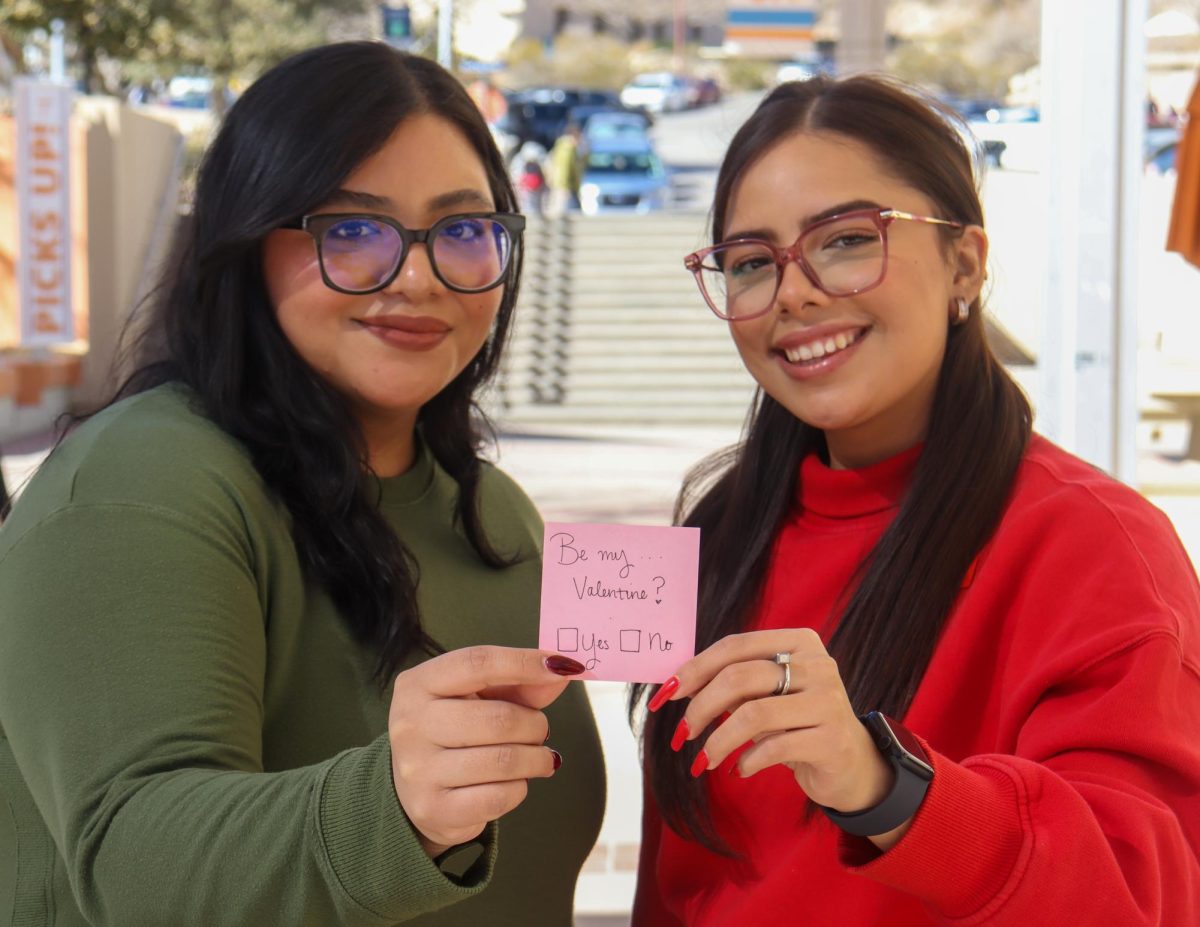While I’ve been away from The Prospector for the last semester of my undergraduate career to commit more time to my studies, I have the privilege to write a farewell column regarding the three years of my time and effort at the student-run newspaper.
As I prepare to walk out of UTEP with a bachelor’s degree, I reflect on the experience I’ll be taking with me.
The Prospector’s newsroom can be a treacherous place, with its deadlines, frustrations, feuds, lack of sleep and understaffed team. However, it’s also been a learning process with plenty of valuable experiences gained.
The students on staff are committed to writing for the paper on a weekly and daily basis while also managing second jobs, school and personal responsibilities. I’m sure there are students with the same qualities in the seven colleges of the university, but for some reason, The Prospector does not get as much respect as it should. Everyone has to start somewhere, everyone was an intern somewhere, everyone was a novice and everyone had to learn from mistakes.
The Prospector has proven to be a gateway to bigger and better things. It’s where students gain valuable experience and the great opportunities that come from it make the experiences memorable.
I always say, “it all started at The Prospector.”
I’ve been able to work on stories I’ve been very proud of, had the opportunity to live in Washington D.C. and Sacramento, California as an intern reporter at other publications. This summer, I’ll be able to write for the El Paso Times, a great opportunity to apply my skills in my hometown and get more acquainted with it.
Aside from what I will be taking from the university, I will be leaving behind my contribution to a legacy that dates back to 1915. After doing some research this semester about UTEP’s history, I’ve seen that The Prospector has been the first written draft of the university’s history.
The Prospector is often referenced in facts about events that occurred at UTEP. You can find plenty of information in the archives or at The Heritage House.
The student publications’ staff also managed the Flowsheet, which was the university’s yearbook until 1972, which contains so many interesting facts, such as when President Lyndon B. Johnson and First Lady Eleanor Roosevelt visited the university.
I encourage everyone to do some digging of their own at the Heritage House or the Library’s Special Collections Department.
There are several great journalists who dedicated much of their time and energy to The Prospector, such as Alfredo Corchado, Mexico Bureau Chief for the Dallas Morning News, and the late Ruben Salazar, reporter for the Los Angeles Times.
I’m sure there are plenty more Prospector alumni doing great things. All it takes is hard work, persistence and patience.
It’s crazy to think I almost got fired from The Prospector when I first started. It was difficult balancing my time as a full-time student, working 30 or more hours a week and writing for the publication. I used to sneak out during lunch breaks from a call center near UTEP just so I could do interviews.
Thankfully, my situation improved with time and new doors of opportunity opened up. I don’t think you have to be the most talented to get far. Going that extra mile can take someone a long way. Hard work can be enough to get past talent. Hopefully, it’s the same in the real world.
Overall, I wish I’d started writing for The Prospector earlier and been able to expand a bit more on the opportunities available, but my time has run out. I’ll have to do what I can from the other side.
I’d like to end this farewell with a list of people who have helped me.
From The Prospector staff, I’d like to thank Aaron Martinez, Salvador Guerrero, Kathleen Flores, Jasmine Aguilera, Aaron Montes and William Vega.
From the Scripps Howard Semester in Washington program, I’d like to thank Jody Beck and Peter Copeland.
From the Sacramento Bee I’d like to thank Scott Lebar, Tim Swanson, Janet Vitt, Tom Couzens, Joe Davidson, Matt Kawahara, Jose Luis Villegas, Kim Minugh, Stephen Magagnini, Bob Davila and Maury Macht.
At University Communications, I’d like to thank Jennifer Crawford, Christopher Lopez and Rachel Neff.
Kristopher Rivera may NOT be reached at [email protected].







